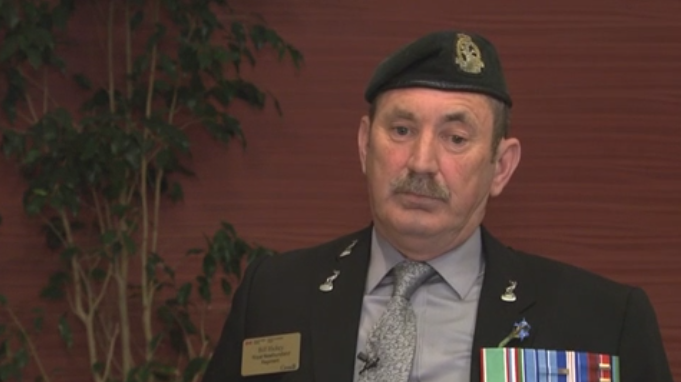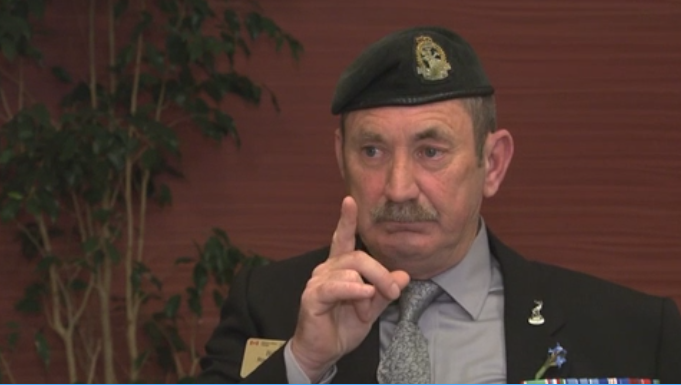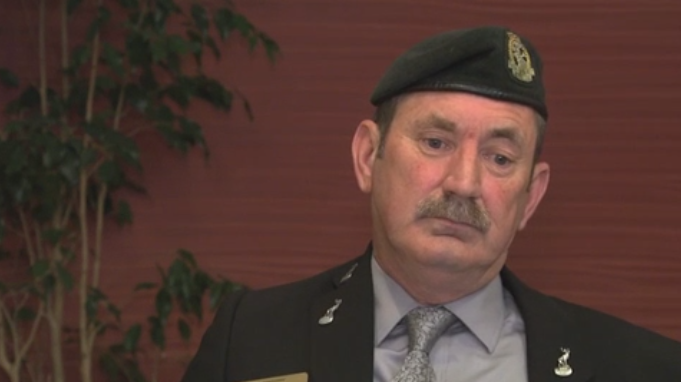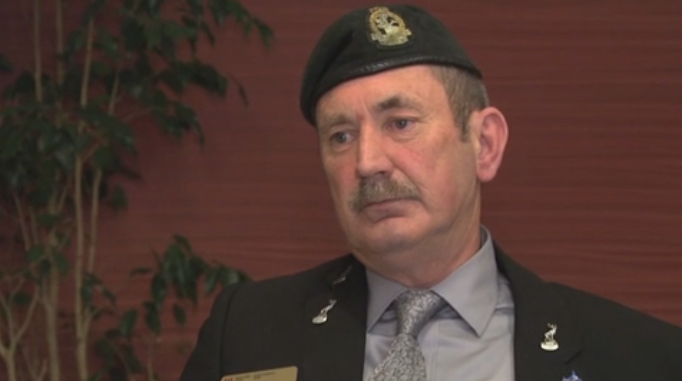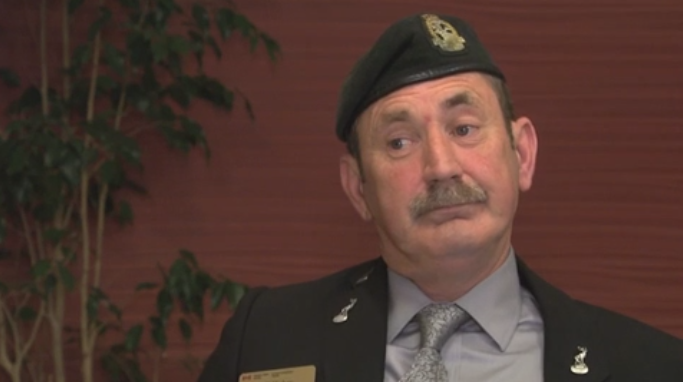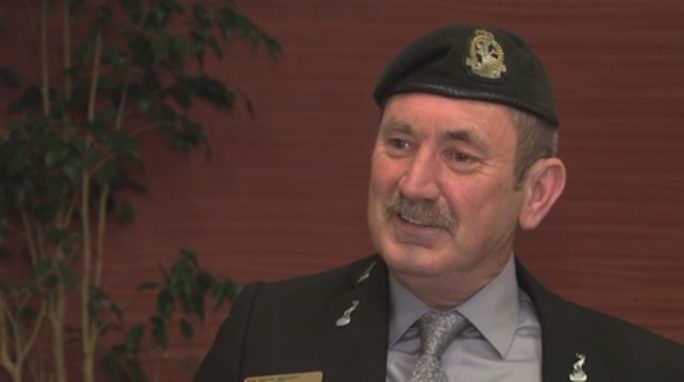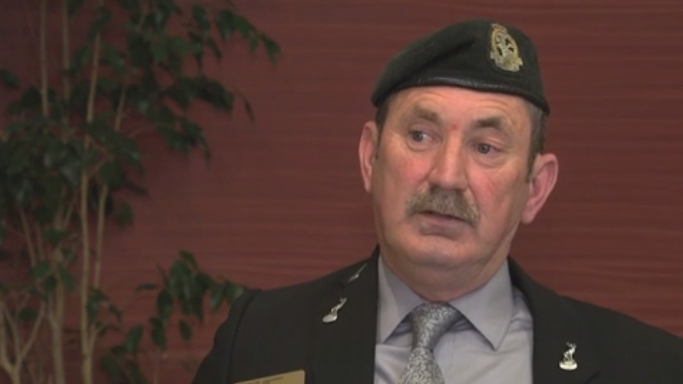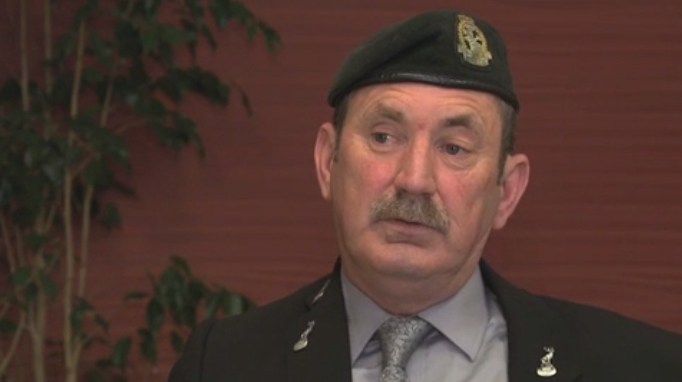Culture Shock in Sierra Leone
Heroes Remember
Culture Shock in Sierra Leone
Transcript
Description
Officer Hickey recounts his arrival and subsequent adjustment to the devastated region.
Bill Hickey
Mr. Bill Hickey was born July 5, 1956 in a small town outside of St., John’s, Newfoundland. As a young boy, Mr. Hickey always has great involvement with sports and recreation. Realizing his desire for community work, Mr. Hickey held a career as a Police Officer and as well at a very young age joined the Reserves in role as chief warrant officer having opportunities to deploy to different areas of the world. Together with this Police and Reservist career, Mr. Hickey expresses his great sense of pride for his achievements and opportunities throughout his years in service. After 34.5 years of police service, Mr. Hickey has retired and now resides in St. John’s Newfoundland with his family. As part of the delegation of Newfoundland Veterans, Mr. Hickey accepted the opportunity as part of the 100th Anniversary of Battles of Somme and Beaumont-Hamel to travel overseas to commemorate this special event.
Meta Data
- Medium:
- Video
- Owner:
- Veterans Affairs Canada
- Recorded:
- July 2, 2016
- Duration:
- 3:27
- Person Interviewed:
- Bill Hickey
- War, Conflict or Mission:
- Canadian Armed Forces
- Rank:
- Master Warrant Officer
- Occupation:
- Police Officer
Related Videos
- Date modified:



